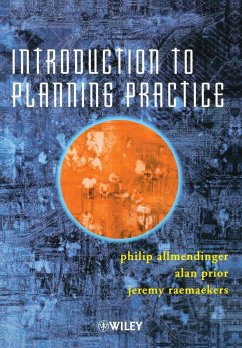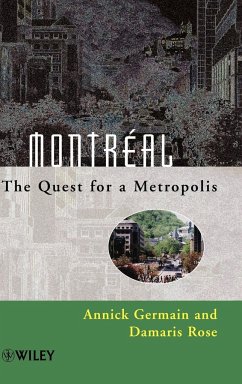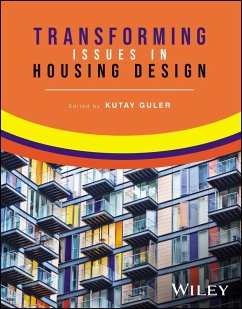
Readings in Planning Theory
Versandkostenfrei!
Versandfertig in 2-4 Wochen
44,99 €
inkl. MwSt.
Weitere Ausgaben:

PAYBACK Punkte
22 °P sammeln!
Featuring updates and revisions to reflect rapid changes in an increasingly globalized world, Readings in Planning Theory remains the definitive resource for the latest theoretical and practical debates within the field of planning theory. * Represents the newest edition of the leading text in planning theory that brings together the essential classic and cutting-edge readings * Features 20 completely new readings (out of 28 total) for the fourth edition * Introduces and defines key debates in planning theory with editorial materials and readings selected both for their accessibility and imp...
Featuring updates and revisions to reflect rapid changes in an increasingly globalized world, Readings in Planning Theory remains the definitive resource for the latest theoretical and practical debates within the field of planning theory. * Represents the newest edition of the leading text in planning theory that brings together the essential classic and cutting-edge readings * Features 20 completely new readings (out of 28 total) for the fourth edition * Introduces and defines key debates in planning theory with editorial materials and readings selected both for their accessibility and importance * Systematically captures the breadth and diversity of planning theory and puts issues into wider social and political contexts without assuming prior knowledge of the field













